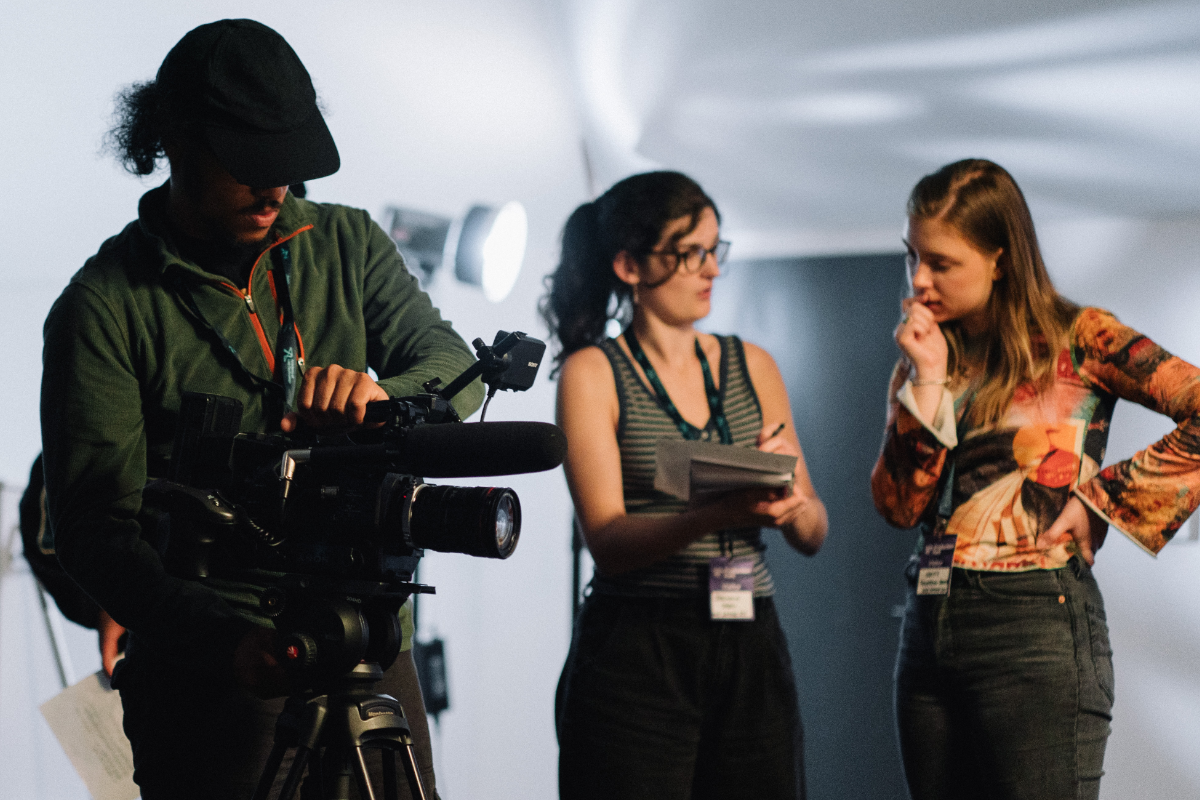
Photo: Tom Arber for National Youth Theatre
Working class parents ‘unsupportive’ of creative careers
Netflix and the National Youth Theatre relaunch a skills programme aimed at young people who want to work in film and TV after research reveals impact of ‘class chasm’ in the creative industries.
The majority of working class parents, guardians and carers are against the idea of their children working in the creative industries, according to the findings of a new survey.
Research by Netflix and the National Youth Theatre (NYT) based on a survey of 2,000 parents, guardians and carers, found that 89% of working class respondents would not want their child to pursue a creative career.
Respondents instead favoured their children taking up careers in law, finance, medicine and technology, with the majority mentioning the good career progression, decent pay and stable career path these occupations offer.
READ MORE:
Meanwhile, NYT-led research of 500 young people working in the creative industries found one in four have parents, guardians or carers who are unsupportive of their creative career paths.
Almost three quarters (73%) of young people surveyed said their parents view their career as a waste of education, while over three quarters (78%) said explaining their creative profession to their parents is challenging.
The findings offer further evidence of persisting class barriers in the creative industries. Research published by Creative Access earlier this year shed light on class discrimination in creative workspaces and was followed by a report from Creative Industries Policy & Evidence Centre that found only 8% of workers in film, TV, video, radio and photography roles identify as working class.
“The stats speak for themselves, but many of the young people we aim to work with can’t,” said Paul Roseby, NYT CEO and Artistic Director.
Skills programme reopens
Alongside the release of the research, Netflix and NYT have announced the second year of the IGNITE Your Creativity programme.
Aimed at young people from the West Midlands, North East and London who want to work in film and TV, the programme will offer free practical workshops exploring the range of creative roles available and connects participants to work experience opportunities, industry experts and site visits.
A target of reaching 50% more than the 1,000 young people the first programme cohort supported has been set.
Programme alumni Oliver Taylor said the programme “has made a career in the creative industry feel accessible”.
“As a working class person, it has been really challenging to maintain a career in the creative arts and prove that it is a career worth pursuing,” Taylor said.
“More needs to be done to support young people of all backgrounds into creative careers and also to tackle the generational misconceptions around these jobs.”
Newly-appointed Culture Secretary Lisa Nandy is among those who has endorsed the programme.
“Through our national growth mission, and working with organisations such as Netflix and the National Youth Theatre, we will open up access to these sectors and make them more representative of the whole UK,” Nandy said.
“Our aim will be for communities and businesses across the country to feel the benefits of inspiring more young people to pursue a creative career.”
Join the Discussion
You must be logged in to post a comment.